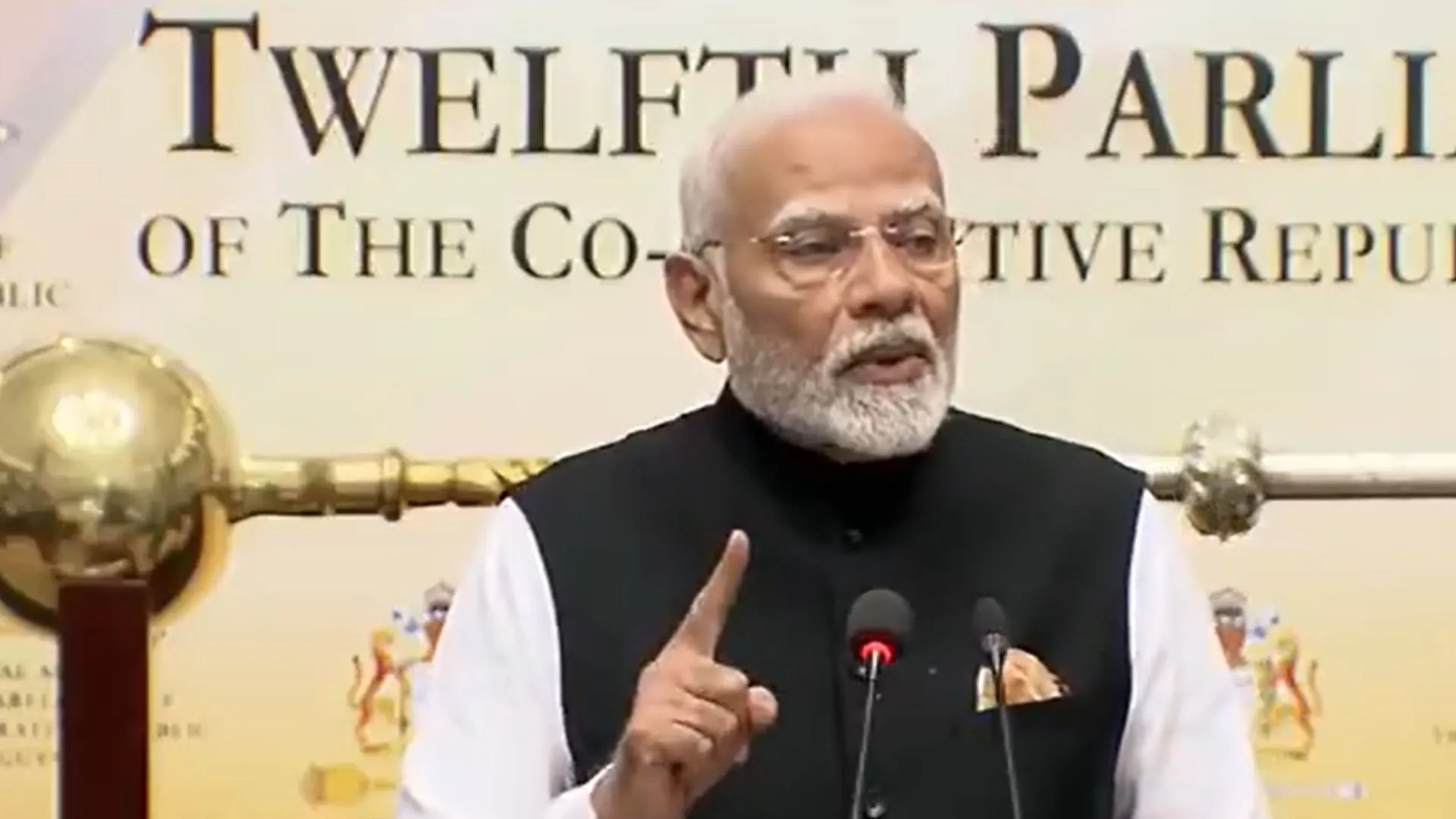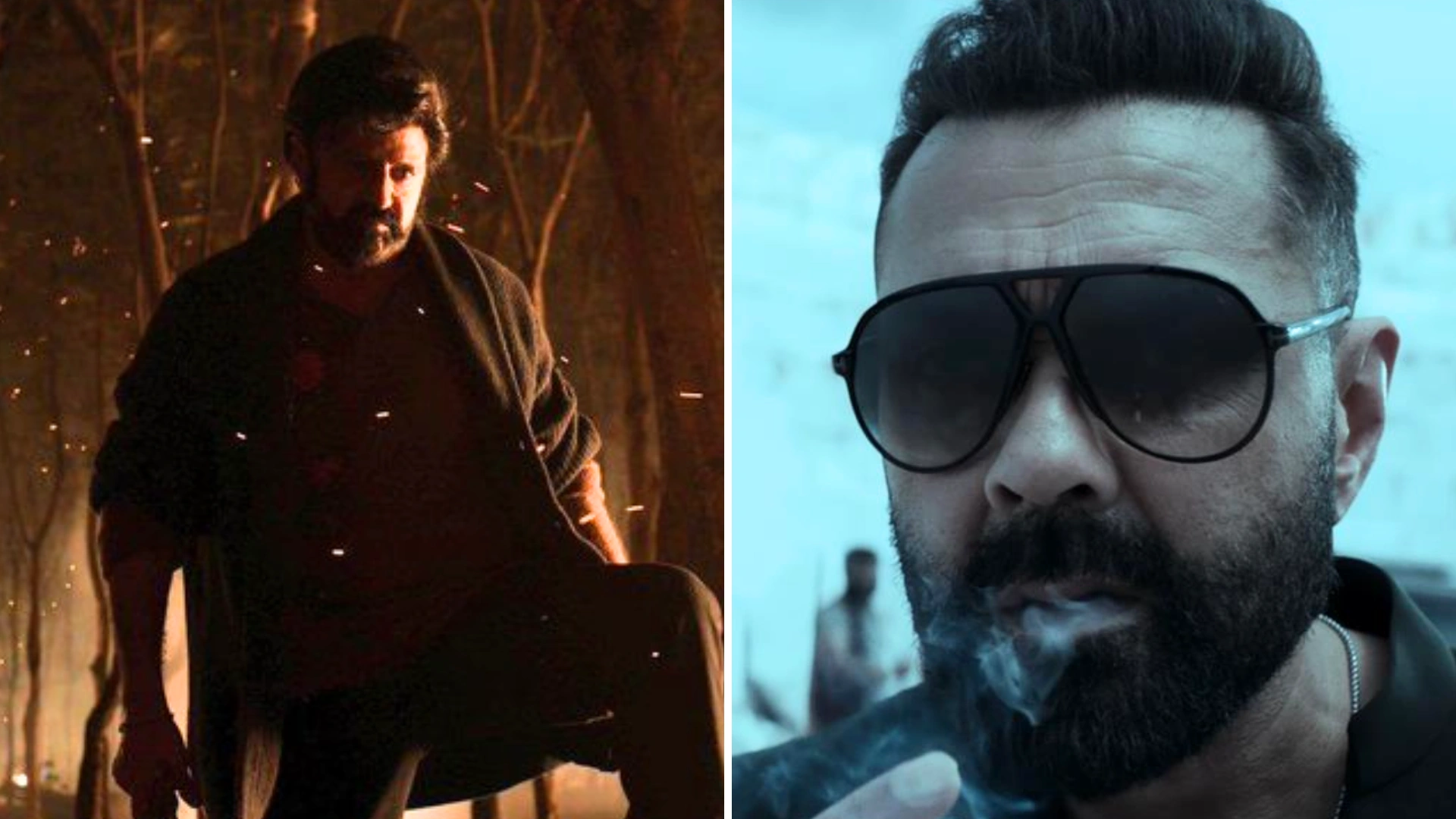For a long time, the H-1B visa program has been a lifeline for skilled professionals from various countries, including India, for working in the United States. But recent political bickering and inflammatory politicians have jeopardized the very future of the H-1B program, thus raising anxiety among would-be immigrants, especially from India, as to whether the American Dream is possible to achieve.
What Is H-1B Visa Program?
The H-1B visa allows US companies to hire foreign workers for positions specifically required in industries like technology, engineering, and the medical field. India has been the largest beneficiary of this program, with the majority of people holding over 70% of H-1B visas in recent years. It has become a ticket to permanency for many Indians to get an H-1B visa, not only to secure a job in the US but also as a way to realize their much-coveted “American Dream.”
However, the program has had its share of critics on all sides. Some feel that the H-1B visa displaces American workers, while others call it a necessary tool for America to maintain its edge in innovation and technology. This contentious debate has gained further momentum with statements by influential political figures such as President Donald Trump, tech billionaire Elon Musk, and Indian-origin executives like Sriram Krishnan.
Trump-Musk-Krishnan Controversy
Recently, Donald Trump, Elon Musk, and Sriram Krishnan escalated the debate about the H-1B visa program. Even though during his presidency, he added several restrictions to the H-1B visa, Donald Trump renewed his backing of the H-1B visa by calling it important for the technological growth of America.
However, far-right activist Laura Loomer was not happy about the effect of Krishnan and individuals like him, saying this was how they manipulated immigrations policies for foreign worker interests. Loomer, who posted Krishnan’s personal information online to stir outrage, later took back her statement, “It was an honest mistake.”
Krishnan said it is high time someone started to speak out, taking the stance of “The Role of Immigrants in the US Tech Industry Is Irreplaceable and Is Crucial for Continued Competitiveness.” He strongly pushed the importance of diversity, adding that “Diversity in talent builds stronger companies and economies.” Additionally, he criticized the nature of the debate, instead pointing people toward unity than towards division.
Stricter regulations For Global Talent Pool
The recent policy of increasing the wage threshold of H-1B workers, prioritizing the advanced degree holders, and restricting job mobility has only added to future uncertainty of the program. Although the intent is to safeguard American jobs, this has also presented new obstacles to companies that operate on global talent to fulfill the rising needs in today’s competitive marketplace.
For many H-1B workers, the threatening backlog in green card applications has added another layer to the uncertainty of their long-term future in the US. The uncertainty of future events has made some professionals consider new options, with Canada and Australia being more favorable among other countries to seek job stability and further their professional careers.
Countries like Canada have made giant strides in smoothing out their immigration policies. For instance, Canada has the Global Talent Stream, which allows companies to fast-track hiring skilled workers in two weeks. The country also offers permanent residency routes through Express Entry, without as much restriction as those in the US.
Australia is targeting professionals in high-demand fields such as cybersecurity, quantum computing, and space technology through its Global Talent Visa Program. The program provides competitive wages, options for permanent residency, and a high quality of life.
Germany has a strong tech ecosystem and a vibrant startup culture, and it has also established the Blue Card system to simplify immigration for highly skilled workers in sectors like technology and engineering. Favorable work-life balance and an emerging economy have made Germany the first choice for many Indian tech professionals.
Future Of The American Dream
With the US’s efforts to strike a delicate balance between the needs for domestic employment and foreign talent, the H-1B visa program has uncertain times ahead. The latest scandals surrounding the program reveal much deeper issues about the state of immigration policies and the impact they have on individual aspirations. Many Indians remain confused: Is the American Dream still something worth working towards, or is there more promise elsewhere?
ALSO READ | Indian-American Congressman Shri Thanedar Condemns Hinduphobia and Racism in the United States




















